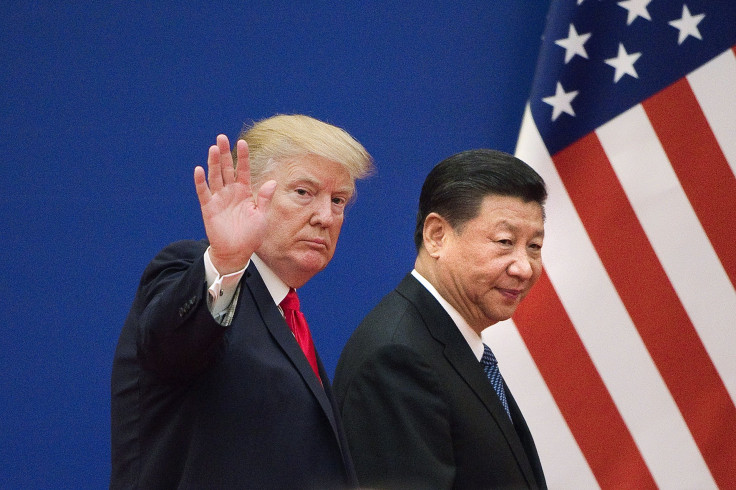US-China Trade Deal May Never Happen, White House Economist Warns

In the latest U.S China trade war news, a day after telephonic talks started between the two sides, a top U.S. official warned that a trade deal with China would “never happen” as many of the contentious issues are hard to resolve.
White House chief economic adviser Larry Kudlow, in an interview with CNBC, said as an optimist he would hope for a deal on the Sino US trade matters even if the ground reality is different.
At the same time, he said, President Donald Trump is keen on a deal and thinks China President Xi Jinping also holds the same position.
Using a football analogy, Kudlow explained the challenges involved in a trade deal with China.
“It's like being on the seven-yard line at a football game,” Kudlow said.
“And as a long-suffering New York Giants fan, they could be on the seven and they never get the ball to the end zone. When you get down to the last 10 percent, seven-yard line, it's tough,” he added referring to the hurdles in making a closure to the trade negotiations.
China reluctant to address US concerns
The talks to end the trade war between the U.S and China broke down in May after the United States blamed China for retreating from commitments including new laws to address the U.S. concerns.
“Our team, time and again, asked for the change in Chinese laws and resistance mounted on that point,” Kudlow said.
“They believe the State Security Council or the Politburo can promulgate regulations and that would be sufficient. But we don't agree.”
China also walked out of commitments to set up monitoring and enforcement of the pact, Kudlow said.
Kudlow said: “There is no time limit on China deal. There is no speed. We want a good deal.”
He also expressed confidence that China would step up purchases of U.S. agricultural products after the resumed talks assume momentum.
“Soybeans, wheat, and energy. That's very, very important," Kudlow said.
Meanwhile, lead negotiators from the US and China spoke on phone Tuesday for the first time after Trump’s Osaka summit with China president.
U.S. Trade Representative Robert Lighthizer, Treasury Secretary Steven Mnuchin, Chinese Vice Premier Liu He and Commerce Minister Zhong Shan represented the two sides.
US position on Huawei
On U.S. companies’ sales to Chinese telecommunications giant Huawei, Commerce Secretary Wilbur Ross has clarified that the administration will allow American companies to do business with Huawei “as long as there's no threat to national security.”
However, Kudlow emphasized that the U.S. government will not buy Huawei parts, components or systems.
The U.S. semiconductor companies can sell chips to Huawei which the Chinese company can buy from any other vendor in South Korea, Taiwan or Vietnam, Kudlow noted.
But U.S. companies will not be allowed to do any business with Huawei in the area of 5G cellular networks.
Tariff exemption for Chinese imports
Meanwhile, the Trump administration on Tuesday decided to exempt 110 Chinese imports from the ambit of high tariffs.
They include medical equipment, electronics, and capacitors. This was in response to the demand by some U.S. firms that said import taxes are injuring their bottom lines.
The exemption from the 25 percent tariffs will be part of the $34 billion worth Chinese imports that faced the first round of tariffs on July 6, 2018. The exemptions will be valid for a year starting Tuesday.
© Copyright IBTimes 2024. All rights reserved.




















